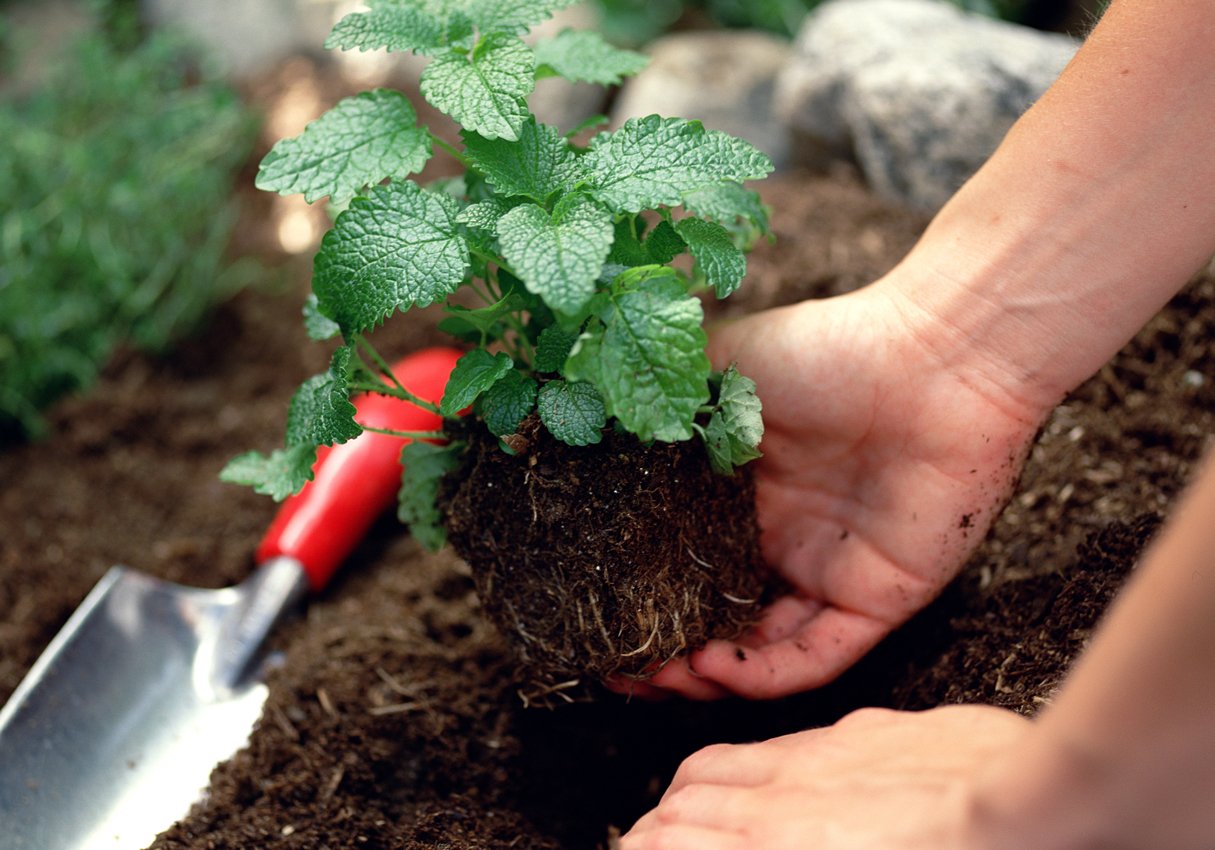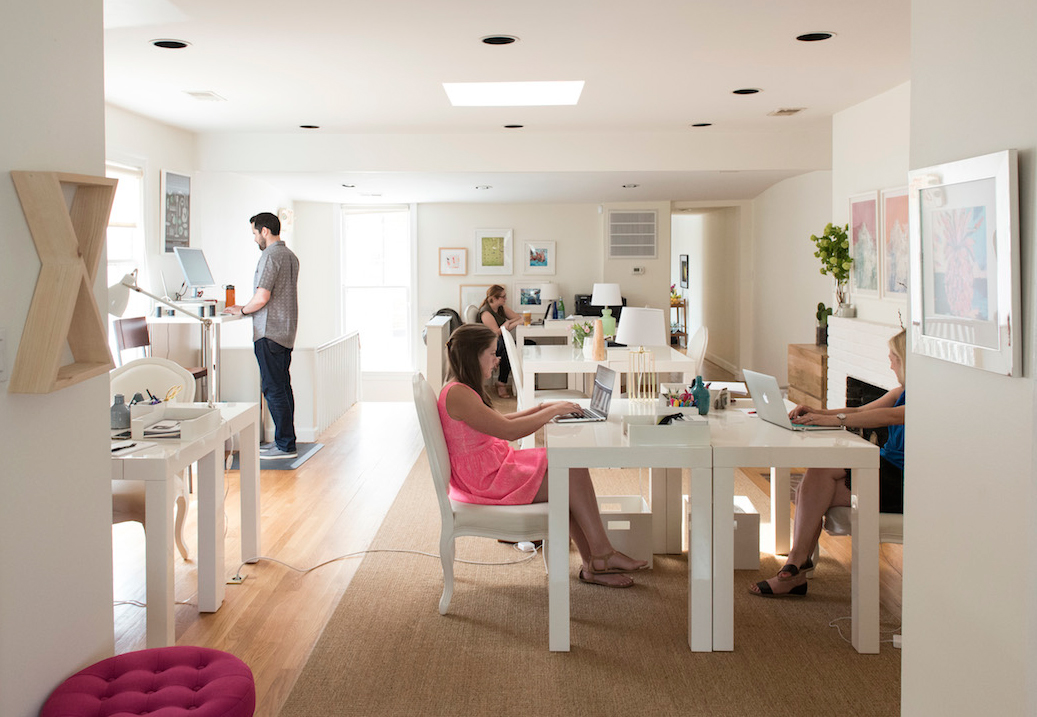Do you read the newspaper while watching the morning news? Answer e-mail while chatting on the phone?
If yes, you're one of Washington's multitaskers, a 2004 paradigm of efficiency.
But appearances can be deceiving.
Managing two tasks at once reduces brainpower available for each task. A study in the journal NeuroImage revealed that listening to music while viewing television can reduce visual processing by 29 percent and auditory processing by 53 percent.
"If you're juggling two tasks at once, you usually end up giving short shrift to at least one," says Margaret Spencer-Dixon, a former lawyer who runs a time-management consulting business in Kensington. She points to talking on a cell phone while driving as the most obvious–and dangerous–example.
Other research suggests that multitasking leads to short-term memory loss and an inability to estimate time accurately. As a result, multitaskers think they can accomplish more in less time. Employers think so, too; 45 percent of American workers feel they're asked or expected to work on too many things at once, according to the Families and Work Institute.
Multitasking isn't always bad, and some are better suited for it. Although there's no scientific evidence, some experts believe women multitask better than men, as women have traditionally been responsible for juggling children, home, and other chores.
Spencer-Dixon admits that multitasking can be unavoidable–and helpful. A working mother, she often talks on the phone with a cordless headset while folding laundry. "It's one of the only times I get to talk to my family and friends," she says.
Besides, she adds, "you don't need to give a lot of thought to folding laundry."

















